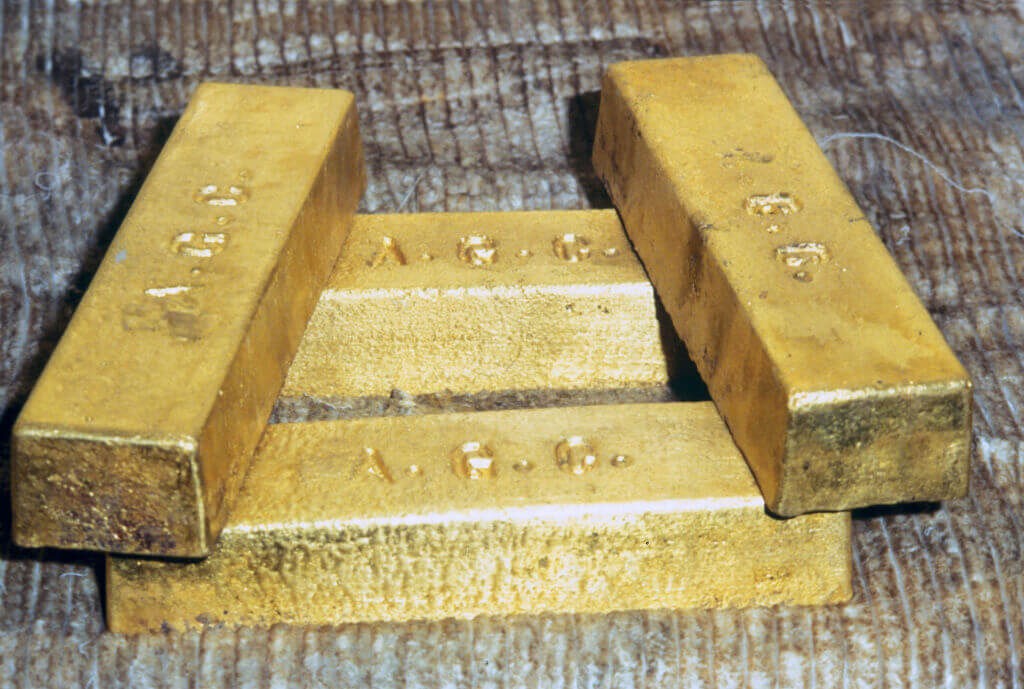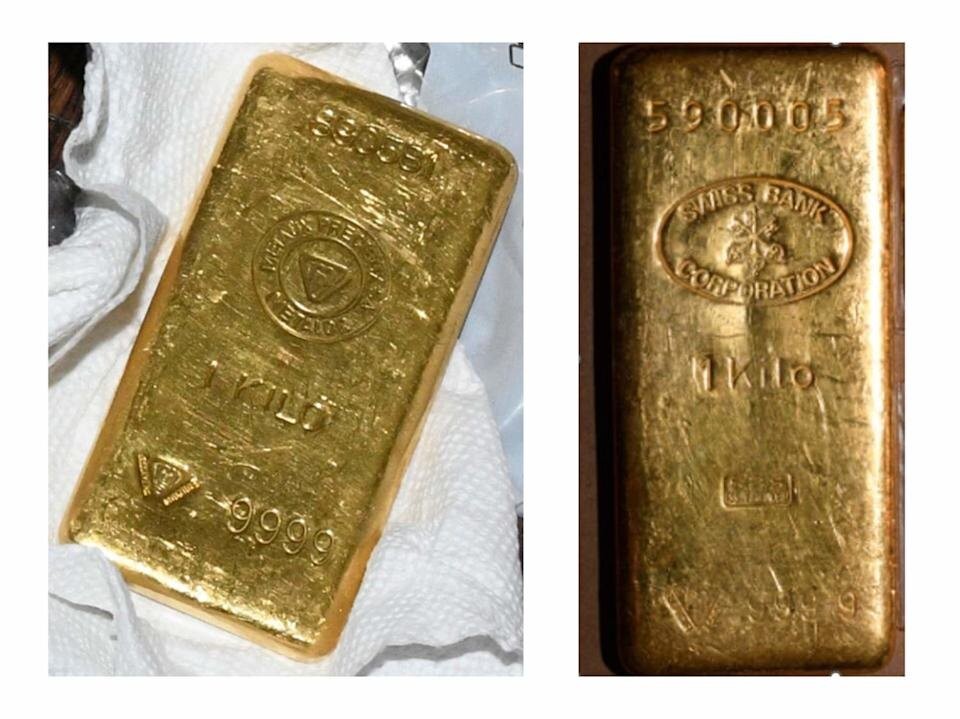Garden Gold, Courtroom Consequences: 28 bars worth €800,000—and a life upended
Hidden beneath a quiet garden in Roanne, France, something glittered that should have stayed buried. In 2009, a shovel struck hard metal in the couple’s soil, revealing six gold bars. By 2013, they unearthed twenty-two more, bringing the total to 28 and an estimated value of about €800,000. What began as a stroke of luck soon spiraled into a legal battle that would test ownership, memory, and the meaning of treasure.

In This Article:
Discovery and decisions: from garden finds to a growing fortune
In 2002, a couple bought a house with a garden in Roanne. Seven years later, while tidying up, they unearthed six gold bars. Years passed, and in 2013 they found twenty-two more, bringing the total to 28. The value hovered around €800,000. They sold roughly 15 bars and stored the rest in a bank safe, assuming the fortune was theirs to enjoy.

The legal clash: authorities, heirs, and a long-arc verdict
Their discovery drew scrutiny from authorities. Tracfin, the state agency monitoring unusual financial activity and money laundering, began examining money linked to the sale of the bars. The ex-owners petitioned the courts to return the bars, arguing they belonged to their family and had been left by previous owners. Initial rulings and appeals suggested a link to the former family, supported by documents and testimony. The Lyon Court of Appeal sided with the plaintiffs, and the case reached the Court of Cassation, which upheld the decision: the find must be returned to the previous owners or their heirs. The courts also ordered compensation for the value of bars that had already been sold, reportedly around €640,000.

A parallel case from Morèz: a different twist on treasure law
In 2021, in Morèz, a man who sold a house for €150,000 found five gold bars and about a thousand gold coins inside. The gold was valued at around €600,000, yet the owner who inherited the house did not receive any money, despite the legality of the transfer. This episode illustrates France’s strict treasure laws and how they can favor heirs or the state over the finder, even when the treasure is clearly part of the property.

What this means: memory, property, and law beneath the soil
France’s treasure law is rigorous; reporting and rightful ownership rules can override personal gain. The Roanne case shows how a fortunate find can become a legal ordeal spanning years and institutions. Cross-border realities matter too: nearby UK markets offer different avenues for priceless finds. In short, what lies beneath the soil can reveal not only wealth but a clash between memory, property, and the law.


